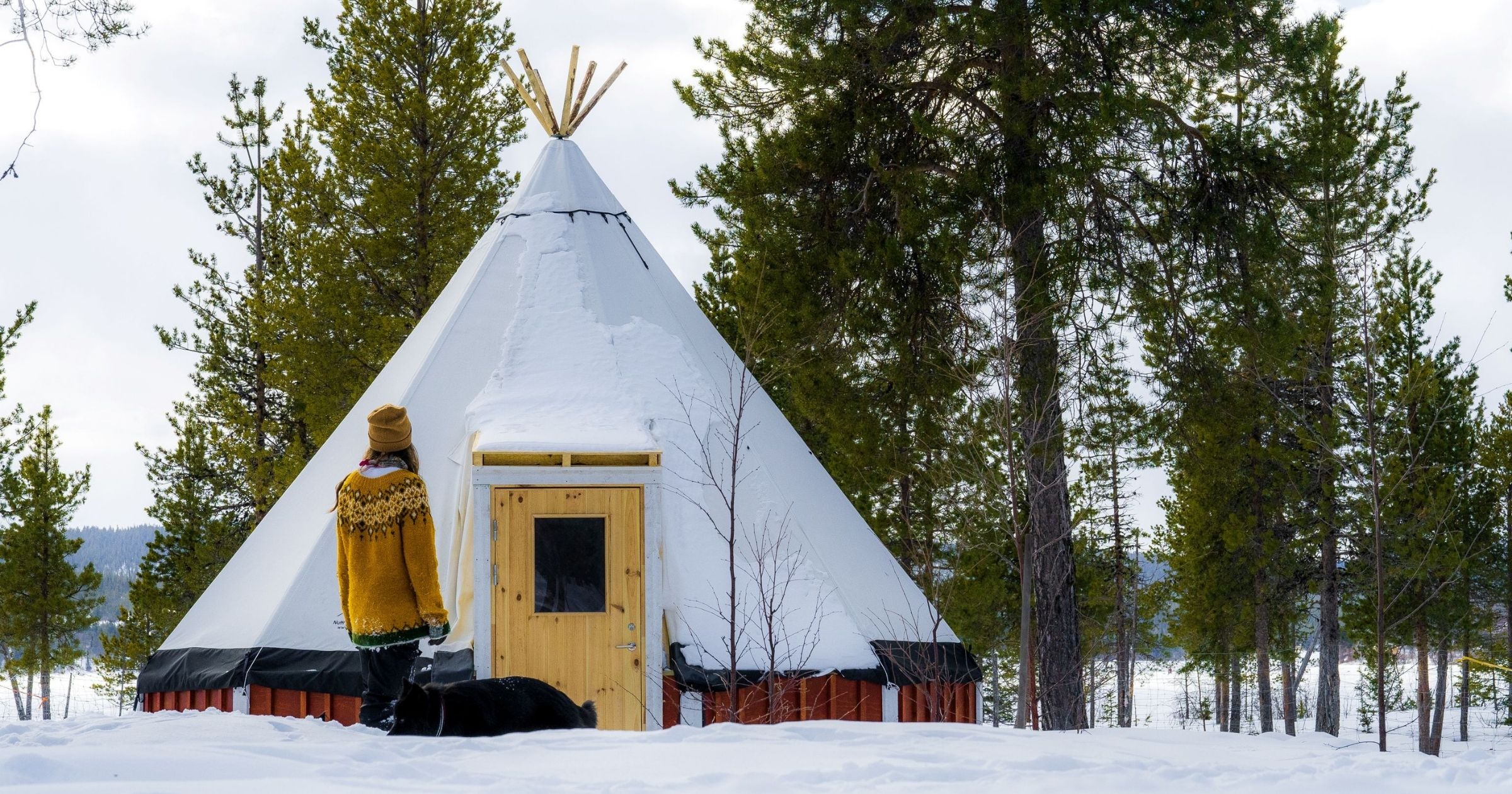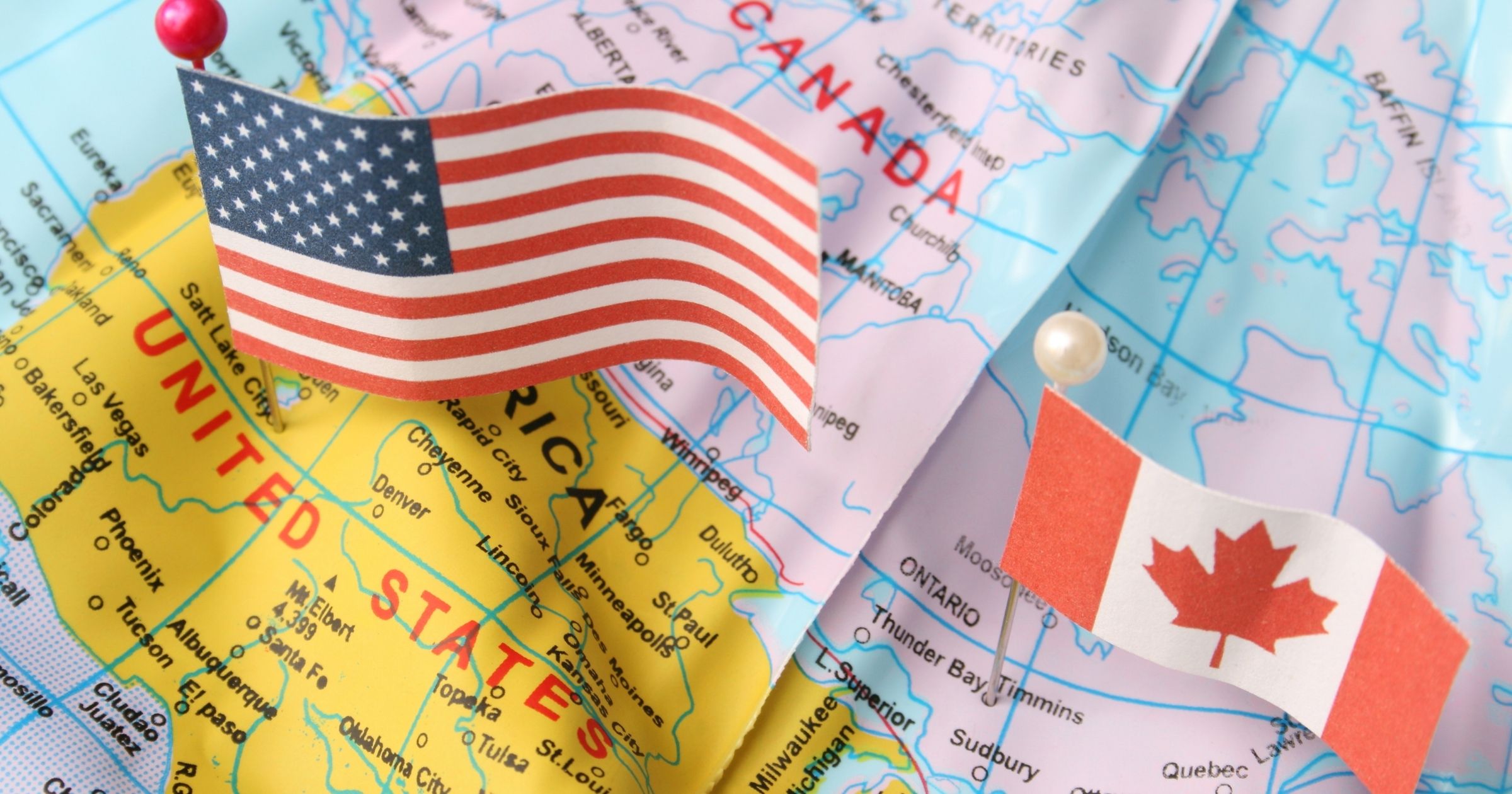Trump's Travel Ban Temporarily Lifted
United States District Judge James Robart issued a ruling that temporarily blocks President Donald Trump's executive order titled "Protecting the Nation from Foreign Terrorist Entry into the United States." The order, issued January 27, 2017, suspended travel and refugee admission from seven predominately Muslim countries.
The state of Washington filed a complaint seeking relief against the order on January 30, and filed an amended complaint on February 1, when Minnesota joined the suit.
On February 3, Judge Robart ruled that the states had standing to challenge Trump's executive order and temporarily restrained the order while the court considers the lawsuit, which aims to permanently block Trump's executive order.
"The Executive Order adversely affects the States' residents in areas of employment, education, business, family relations, and freedom to travel," Robart wrote.
The Department of Homeland Security (DHS) issued a statement that it has suspended all actions implementing the sections of the executive order and will "resume inspection of travelers in accordance with standard policy and procedure."
On February 6, the Justice Department urged the U.S. Court of Appeals for the Ninth Circuit to reinstate the executive order. Judges Richard Clifton, William Canby, Jr. and Michelle Friedland began hearing arguments on February 7.
Some are concerned that if Trump's execuitive order is immediately reinstated, it might spark similar chaos to that which ensued when the order originally took effect. Visa holders will not be able to travel to the U.S. for 90 days. If they are in the U.S. currently, they will not be able to leave with the assurance they can return.
Here's the breakdown, by country affected by the executive order:
Iran: 34,819 nonimmigrant visas and 7,179 immigrant visas
Iraq: 13,335 nonimmigrant visas and 2,010 immigrant visas
Syria: 9,770 nonimmigrant visas and 1,901 immigrant visas
Sudan: 5,039 nonimmigrant visas and 1,642 immigrant visas
Yemen: 4,472 nonimmigrant visas and 3,143 immigrant visas
Libya: 3,303 nonimmigrant visa and 272 immigrant visas
Somalia: 399 nonimmigrant visas and 1,078 immigrant visas
If the federal appeals court maintains the freeze on the executive order, previously barred refugees and and citizens of the seven countries can continue entering the United States.
No matter the ruling, either side could ask the Supreme Court to intervene.
Written by Cassie Westrate, staff writer for Groups Today.



